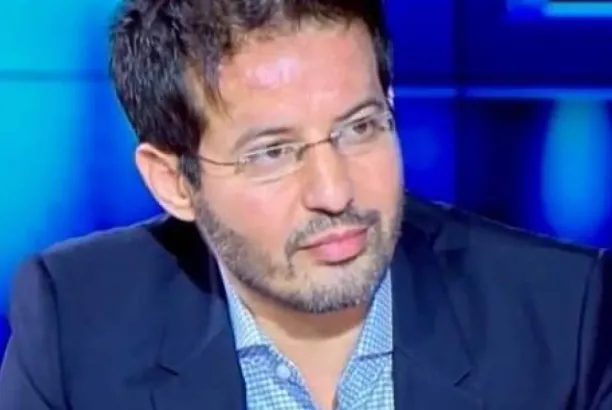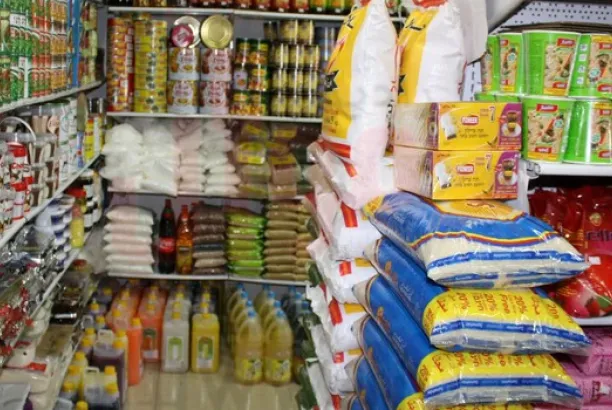
| Economic articles
Exclusive.. Behind Decision (566): 11 Million Dinars of Public Funds Await Answers
Our special source revealed that on August 11, with the stroke of a pen, the Government of National Unity’s Council of Ministers allocated nearly eleven million Libyan dinars from state funds.
The decision, numbered 566, appeared at first glance to be a routine administrative measure: “Settlement of debts owed by the Presidential Council to the African Airlines Company.” But behind this brief headline lies a complete absence of details—opening the door wide to legitimate questions about the fate of taxpayers’ money.
Paying off the state’s debts is commendable and necessary, and supporting national companies such as African Airlines is an undeniable duty. But the basic principle in managing public funds is transparency—something missing from this decision.
Today, we do not make accusations, but we present to the public and the relevant authorities a series of questions that demand clear and immediate answers:
1. What exactly is the nature of these “debts”?
The decision used vague wording. Citizens have the right to know: Are these debts related to flight services? If so, which flights, who benefited, when were they carried out, and are there documented invoices proving these services were actually provided? To speak of “debts” without details is akin to issuing a blank check from public funds.
2. How was this precise amount (10,835,106 LYD) calculated?
Government figures do not appear out of thin air. Which authority verified the invoices and ensured that the amount matched the services provided? Did the Audit Bureau review these debts before approving their payment? The extreme precision of the figure only makes its lack of supporting documentation more questionable.
3. Why was it paid from the “Miscellaneous” budget line?
The “Miscellaneous” line in the state budget is reserved for emergencies and unforeseen expenses. Old debts are not an emergency. So why was this category chosen? Was it a way to bypass stricter financial oversight applied to more specific budget lines?
4. Why now?
Amid the economic hardships facing the country and citizens’ pressing needs for basic services, what urgent necessity required settling this particular debt at this time? Are there not more critical debts owed to service institutions?
A Call for Clarity
This issue goes beyond a financial figure; it concerns the very methodology of governance and citizens’ trust in their government. Trust is not built through vague decisions, but through clarity and the ability to withstand scrutiny.
We place these legitimate questions before the Prime Minister, the Ministry of Finance, and the Audit Bureau. Providing answers is not a luxury—it is a fundamental right of Libyan citizens and the first step toward enforcing the principle of “Where did you get this from?” on anyone entrusted with public funds.
We await clarification—not for the sake of controversy, but for the sake of building a state of law and institutions that every citizen deserves.





